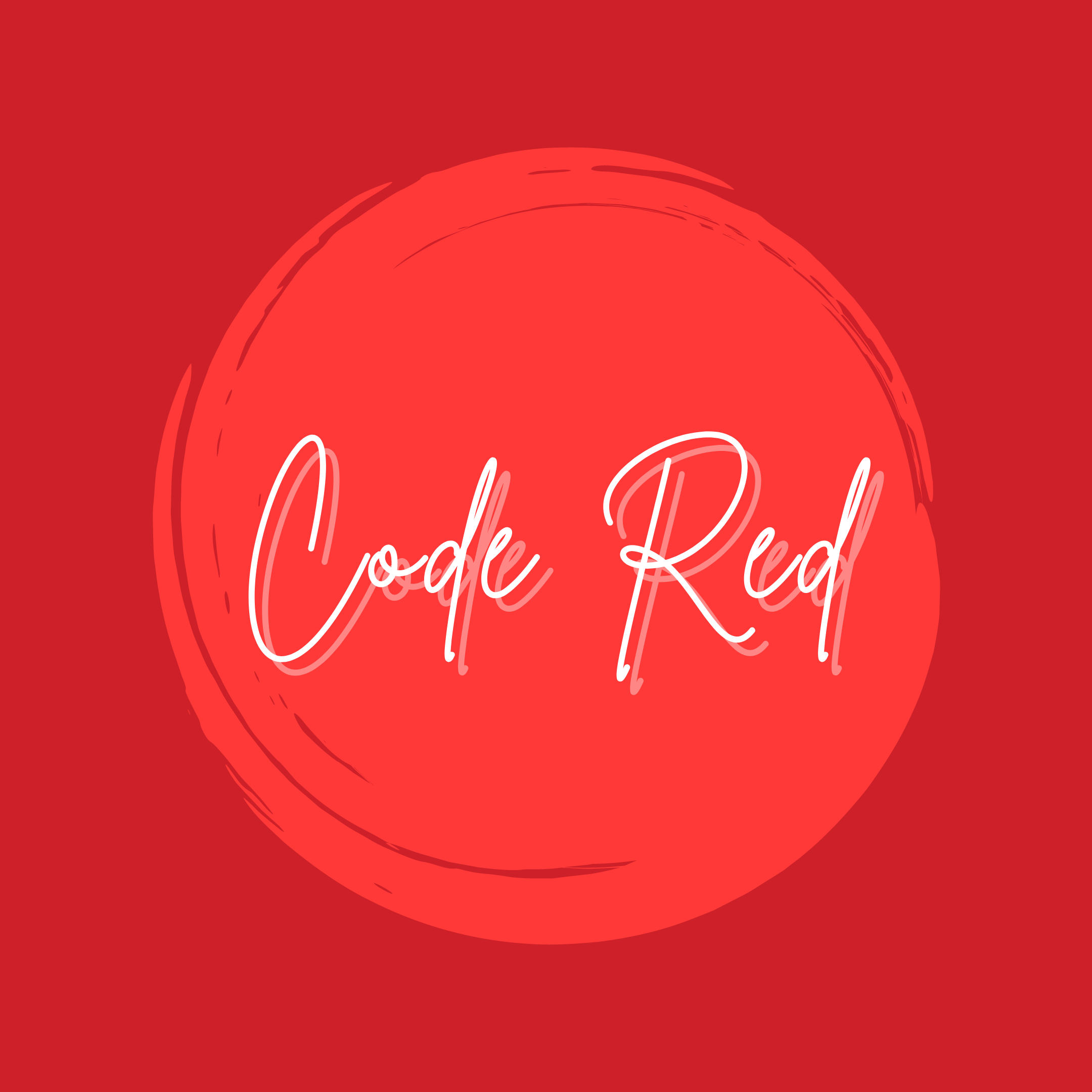Menstrual Education for All Genders is the First Step to Ending Period Stigma
- Code Red

- Dec 15, 2020
- 2 min read
By Joshua Richmond, published December 15th, 2020
I was about eleven years old when I first understood the concept of a woman’s menstrual cycle. Whenever my mother and sister discussed their experience with their menstrual cycle, my brother, dad, and I would listen and try to understand what they were going through. It seemed like the normal and healthy thing to do. Now, you must imagine how bewildered I was when I discovered that the conversation of periods wasn't a topic that many other families discussed. At home, my family and I often discussed the nature of a female’s menstrual cycle, but at school the topic was nowhere to be seen.
At school, period stigma continues. The topic could not be found in the curriculum in my biology class or physical education class. The lack of discussion around such an important and natural matter at school has made it seem like periods don’t exist, and this contributes to period stigma. Not only do the girls feel the need to hide their menstrual products out of embarrassment, but the access to these essential products come at a cost. Currently, my school requires a fee of fifty cents for a large maxi pad. Although the price may seem fair to many, the fact that they even charge a fee at all should be seen as an abomination to human rights. At prisons, women face a similar issue where the quality of the provided pads are below average and are often ineffective in serving proper support for a menstrual cycle and market tampons at a very expensive price. In fact, if a prison is to run out of pads and tampons, some women may have to wait for the next shipment without any sanitary products. Prison should be a place of rehabilitation, not a place of disempowerment. Incarcerated women deserve quality and accessible menstrual products.

Amika George said in her The Guardian article "The stigma over periods won’t end until boys learn about them too",
Things are changing. We’ve certainly come a long way since 2015, when MP Bill Cash struggled to utter the word “tampon” in parliament. The #FreePeriods protest in December 2017 had groups of teenage boys, wearing red T-shirts, waving banners and singing, “You’ll never bleed alone”.
It really baffles me, how in our modern society, period stigma still plays a big part in preserving the patriarchy. To this day, many men become uncomfortable when the topic of periods enters the conversation. Many men and guys do not even properly understand what role menstruation plays in the reproductive system (or how women use menstrual products).

Though in many cases it may seem harmless, this is exactly why we need to correct. By encouraging the normality of periods in younger generations, women will no longer have to live their life in unavailing embarrassment. Women don't need our sympathy, they need our support. The conversation of periods is so looked down upon despite the fact that it is the most essential thing in the world; without menstruation, human life would cease to exist.
For our cited sources for this article, find them here.

Comments